Nike, Trek subpoenaed in federal suit against Lance Armstrong
Both sides seek to use former sponsors to prove their cases
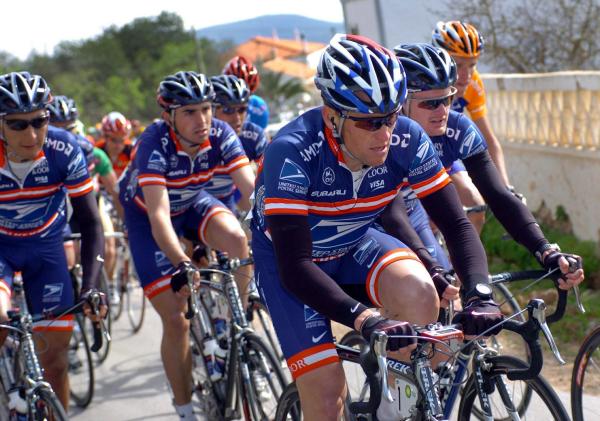
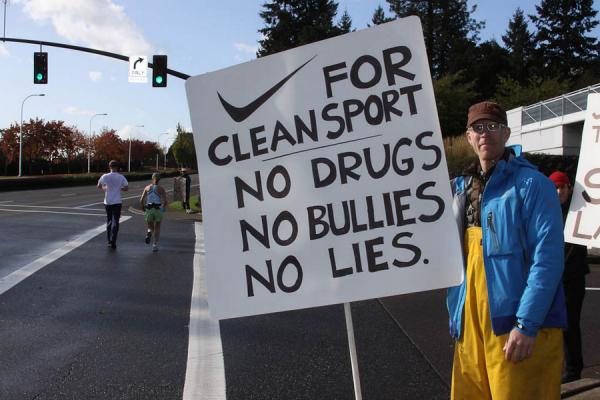
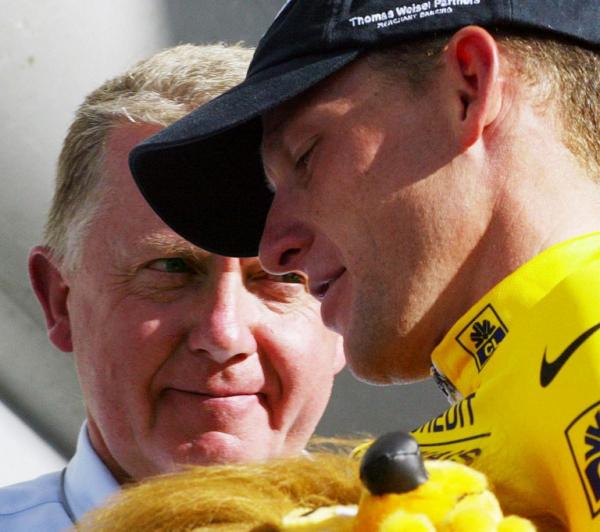
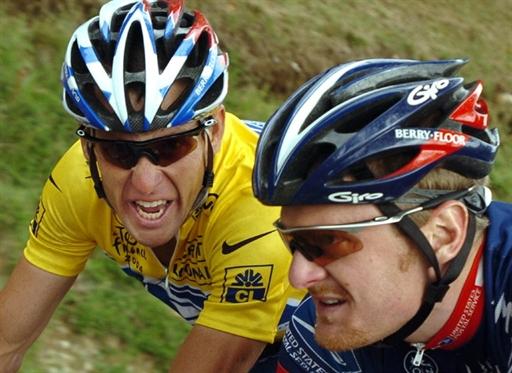
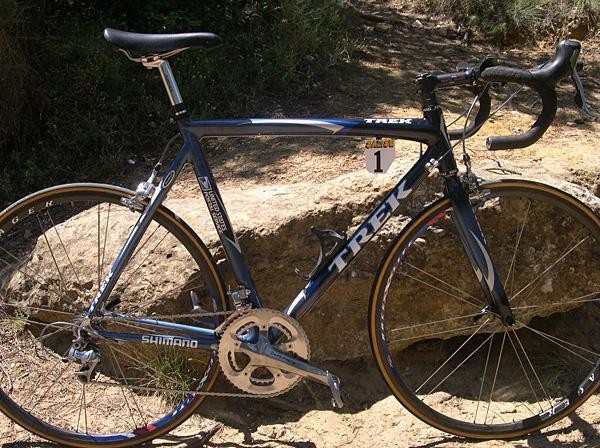
Lance Armstrong's former sponsors Nike and Trek have been asked to provide information in the US federal whistleblower lawsuit that could cost the now-banned rider upwards of $100 million.
Details of Landis' federal whistleblower suit revealed
US government joins whistleblower suit against Armstrong
Armstrong seeks to dismiss federal whistleblower case
Lance Armstrong and others called to testify in federal whistleblower case
Andreu willing to cooperate with whistleblower suit against Armstrong
Stapleton-Knaggs settlement rejected in Landis and Armstrong case
Hamilton reveals he met with Armstrong at recent whistleblower suit hearing
Armstrong fearing financial ruin from federal whistleblower lawsuit
Lance Armstrong medical records critical to whistleblower case, says US government
US court forces Lance Armstrong to give three more hours of testimony in whistleblower lawsuit
The suit, originally filed under the federal False Claims Act by Armstrong's former teammate Floyd Landis, was joined by the government after Armstrong confessed to doping in early 2013. They are seeking to show that Armstrong defrauded his then-sponsor, the US Postal Service - a branch of the government - by covering up his doping activities.
In bringing Trek and Nike into the case, the feds intend to demonstrate a pattern of deceit by Armstrong.
"Evidence that Armstrong falsely denied and concealed his doping from sponsors, including Nike, after 2004 … further demonstrates the he knew his doping was material to sponsors, and supports the reverse false claims allegations in this case," government attorneys wrote in a filing, according to USA Today.
"Armstrong's assurances to Nike that he was 'clean' … would tend to corroborate the government's theory that Armstrong also concealed his doping from (the US Postal Service) and knew that his sponsors would terminate their relationships if they knew he was not riding 'clean,' " they added.
Armstrong's attorneys have long argued against the government's case, and are seeking to bite into the $100 million it seeks to recoup, saying that the US Postal Service reaped more in sponsorship value from Armstrong than it gave - valuing the exposure provided by the team at $140 million. They hope to use Nike and Trek to their advantage, claiming that the two companies also assigned a high value to their relationship with Armstrong.
"The government argues that, even though the USPS sponsorship of the cycling team ended in 2004, it was damaged in 2013 when Armstrong admitted to using performance enhancing drugs," Armstrong's attorneys wrote. "Documents and testimony from Nike regarding the benefits it received during its sponsorship of the cycling team and Armstrong, and the damage (or lack thereof) it suffered when Armstrong admitted to doping in 2013, is relevant the government's theory of damage."
The latest race content, interviews, features, reviews and expert buying guides, direct to your inbox!
"Nike was a co-sponsor. Therefore, Nike's methods of valuing its sponsorship of the same team are directly relevant to rebutting the government's attempt to distance itself from its valuation methods," his attorneys wrote.
Nike and Trek ended their association with Armstrong after he was banned for life for doping after a lengthy investigation by the US Anti-Doping Agency.
Both companies have asked the courts to assure that their confidential business information will be protected before they produce the information requested.
